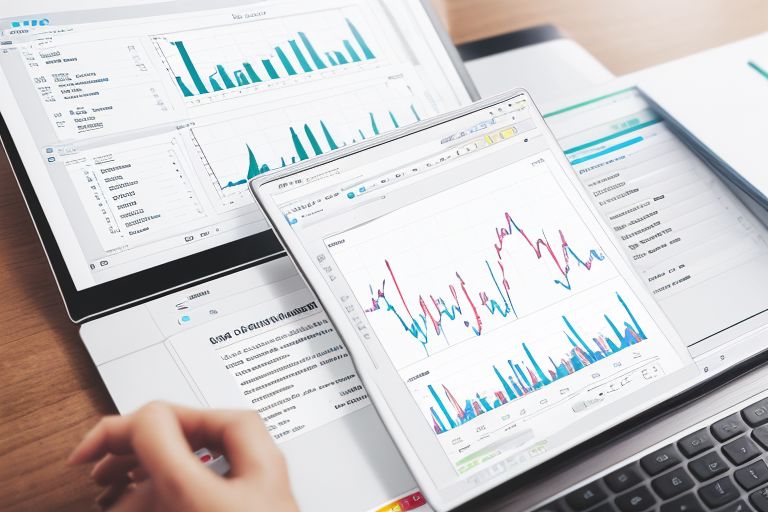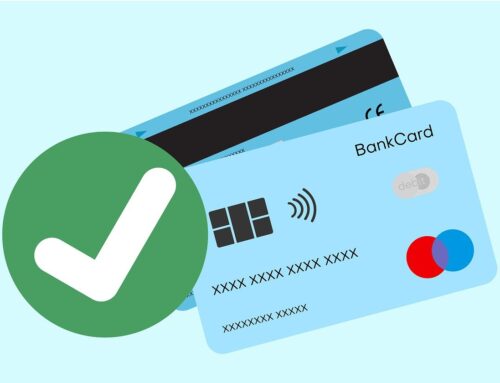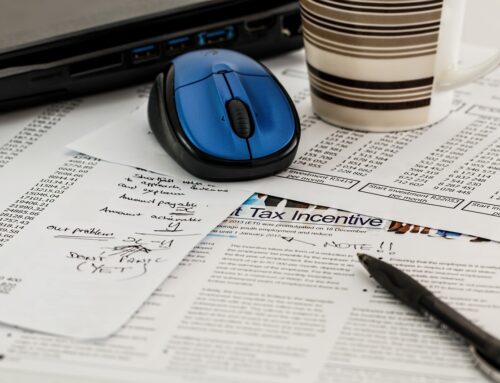
US Stock Market Investing: A Guide for Expats in the Philippines
The Philippines is full of tropical charm—vibrant culture, warm people, and beautiful landscapes. But even in paradise, financial stability is a top priority for expats from the US, Europe, or the UK. The good news? You can keep growing your wealth by tapping into the US stock market while enjoying life abroad.
This guide walks you through everything you need to know to start investing in US stocks as an expat in the Philippines—from choosing the right platform to staying connected in real time.
Fast Internet Isn’t a Luxury—It’s a Day Trader’s Lifeline
If you’re planning to day trade from the Philippines, your internet connection matters more than you might think. Here’s why it’s a make-or-break factor:
Live Price Changes: The US market moves fast. If your internet lags, you might miss a trade—or worse, execute one too late and lose money.
Execution Speed: Each millisecond matters. A slow connection can cause delays when placing orders, meaning your trade might get filled at a worse price than you expected.
Real-Time Data: Charts, news feeds, and trading tools all rely on live data. If your connection drops, so does your ability to make smart decisions.
Pro Tip: Go for a fiber-optic internet plan or a provider known for consistent speeds. If you’re serious about trading, treat your connection as a key investment.
Top Platforms for US Expats Investing from the Philippines
If you’re a US citizen living in the Philippines, you can still use many popular US-based platforms. Here are a couple of beginner-friendly options to consider:
SoFi Invest
-
Why it’s great: Commission-free trading, fractional shares, and automatic investing.
-
Perfect for: New investors who want simplicity and flexibility.
Robinhood
-
Why it’s popular: Easy-to-use mobile app and commission-free trades.
-
Heads up: Fewer research tools and investment options compared to full-service brokers.
Why These Platforms Work for Expats:
-
No trading fees: You can invest without worrying about small fees eating into your returns.
-
Easy to use: These apps are made with beginners in mind—no confusing dashboards or technical jargon.
Things to Keep in Mind:
-
You might not get access to mutual funds, options, or advanced tools.
-
Research tools and customer support can be limited.
Quick Tip: Start small and learn the ropes before diving in with big amounts.
What About Expats from Europe, Australia, or Other Countries?
If you’re not a US citizen, investing in the US market can still be an option—you just need to pay attention to a few extra details:
Check If You’re Eligible
Not all US platforms allow accounts from every country. Before signing up, check their website or reach out to support to confirm if they accept users from your country.
Understand Tax Rules
Each country has different tax rules for foreign investment income. Look into any tax treaties between your home country and the Philippines, and consider talking to a tax advisor who understands expat taxes.
Watch Currency Exchange Rates
Since you’re investing in USD, currency fluctuations matter. Choose platforms that offer fair conversion rates and give you control over the currency your funds are held in.
Explore Local Options
Some countries (like Australia or those in the EU) have local brokers that let you invest in US stocks. They might offer better support and features tailored to your region.
Make Sure It’s Regulated
Only use platforms licensed by a trustworthy authority, like:
-
USA: SEC or FINRA
-
Australia: ASIC
-
Europe: Your country’s financial regulator
Final Thoughts
Investing in the US stock market is totally doable from the Philippines—whether you’re here for the beaches or planning to retire long-term. With the right internet connection, a reliable platform, and a bit of homework, you can grow your wealth while enjoying island life.
Ready to get started? Choose a platform, check your internet speed, and dive in. You’re just a few clicks away from investing globally—even from your spot in the tropics.
Extra Tips for Expats Outside the US: Picking the Right Platform
If you’re living outside the US—whether you’re from Europe, Australia, or another part of the world—there are a few more things to keep in mind when choosing a stock investing platform:
Minimum Investment Requirements
Some platforms have a minimum deposit to open an account. Make sure the platform you choose fits your budget, especially if you’re just getting started.
Customer Support Matters
Look for platforms that offer helpful and accessible support—preferably in your native language or English if you’re comfortable. Fast and responsive customer service can be a lifesaver when you’re dealing with investments across time zones.
Research and Learning Tools
Not all platforms are created equal when it comes to education. If you’re new to investing, pick one with strong beginner resources—videos, articles, and real-time market data—to help you learn the ropes while you grow your portfolio.
Quick Tip: Take a look at user reviews and demo accounts before committing. That way, you can see if the platform feels intuitive and supportive of your goals.
US Taxes and Your Investments: What Expats Need to Know
Even if you’re soaking up the sun in the Philippines, the IRS still expects you to stay on top of your taxes. Here’s a breakdown of what you should know as a US expat investing in the US stock market:
Yes, You Still Have to File
US citizens must file a tax return every year, no matter where they live or earn income. This includes money earned from stocks—like dividends and capital gains.
How Dividends Are Taxed
Dividends you receive from US stocks are usually taxed as ordinary income. Your tax rate will depend on your overall taxable income and whether the dividends qualify for lower tax treatment.
Capital Gains Tax
If you sell a stock for more than you paid, that profit (the capital gain) is taxed. If you held the stock for more than a year, it qualifies for a lower long-term rate. Less than a year? That’s taxed at your regular income rate.
What the FEIE Covers (and What It Doesn’t)
The Foreign Earned Income Exclusion (FEIE) lets you exclude a chunk of your earned income from taxes—but this doesn’t apply to investment income like dividends or capital gains. So, your US investments are still taxable.
Know About FATCA
The Foreign Account Tax Compliance Act (FATCA) requires foreign banks and brokers to report US account holders. You might also need to file Form 8938 if your foreign financial assets exceed certain thresholds.
Don’t Forget: Tax Treaties and Expert Help
Check for Tax Treaties
The US has tax treaties with many countries—including the Philippines. These agreements can sometimes reduce double taxation on your investment income. It’s worth looking into how your home country’s treaty with the US applies to you.
Talk to a Tax Pro
Expat taxes get complicated fast. A tax advisor who understands US expat tax laws can help you avoid surprises and make sure you’re filing correctly. They’ll help you handle tricky areas like dual taxation, reporting thresholds, and how your investments affect your total tax picture.
Final Thought
Investing in the US stock market while living abroad can be a great way to build wealth—but you need to play it smart. Choose a platform that fits your needs, stay informed about tax rules, and don’t be afraid to get expert help when you need it.

















